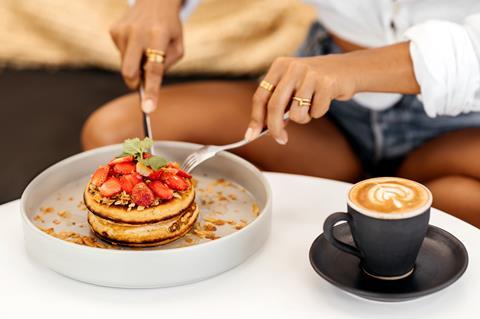
Gen Z consumers are most likely to try free-from products in 2024, research by dough and pancake manufacturer BakeAway has found.
The business, which launched free-from pancake brand OaYeah! in early 2023, polled 2,000 consumers to find out whether they would consider switching to a free-from diet and why.
More than three quarters (84%) of Gen Z consumers (aged 16 to 24) polled said they would try more free-from products, or completely switch up their lifestyle and adopt a diet comprised entirely of free-from products in 2024. Millennials (25–34-year-olds) came in second with 63% saying they would consider the move.
The majority of Gen Zs (65%) said the main reason they plan to choose more free-from products in 2024 is due to diet and health benefits, however, 41% are hesitant to completely switch over due to not finding products in 2023 that hit the mark when it comes to flavour.
Baby Boomers (aged 55 to 64) are the most reluctant, according to the research, with 40% willing to try free-from goods citing main reason behind their decision as cost.
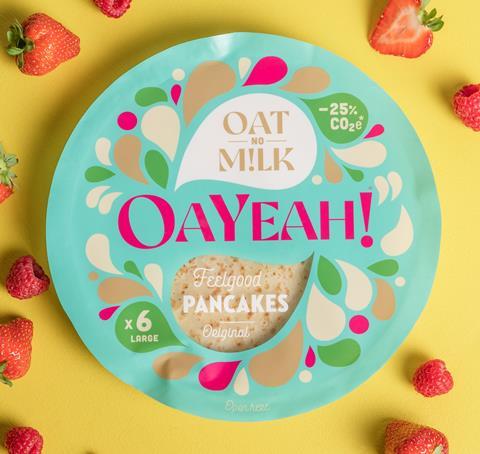
“As we enter 2024, it’s great to see consumer food choices shifting to a more open-minded approach to the free-from category, with many trying alternative milks and free-from products,” said BakeAway marketing manager, Jennie Bosson.
“However, it’s important that as a nation we embrace flavours that not only nourish our cravings but make a commitment to a greener, more sustainable world.”
BakeAway said OaYeah! pancakes, made using an oat-based dairy alternative, experienced strong growth in its first year on shelves and this growth is expected to continue, particularly with Pancake Day approaching on 13 February.
The oat alternative to cow’s milk makes the pancakes lactose-free and compliant with HFSS guidelines, BakeAway said, highlighting a 45% decrease in both saturated fat and sugar compared to conventional options.
Less than half (49%) of Millennials consider the environmental impact of their food and beverage choices, compared to 46% of Gen Z’s and less than a quarter (22%) of Baby Boomers, the research found. It also confirms that younger generations are more conscious of their environmental choices and have a higher probability of making changes to their diets that positively benefit the planet, BakeAway added.



























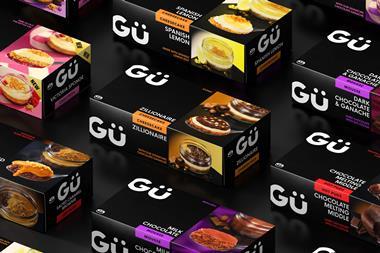
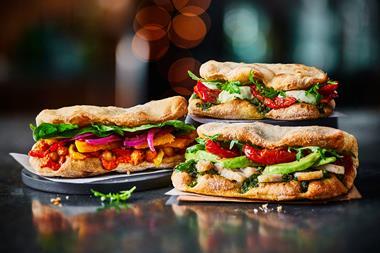
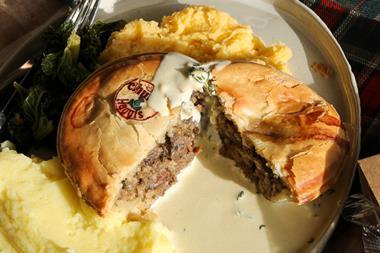
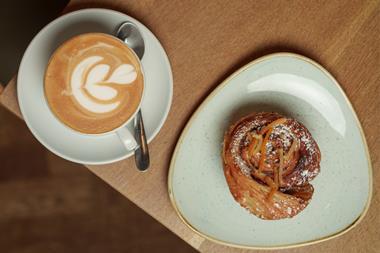

No comments yet